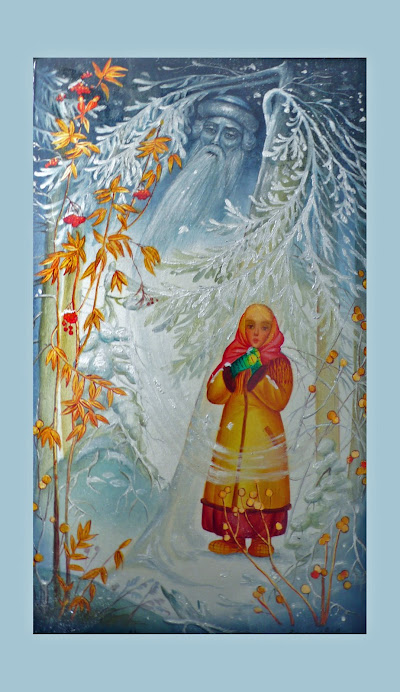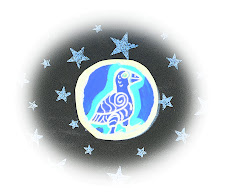
The Trolls of Winter
In early December when the first winter winds blew down from the north, heavy snow fell on the Hall of King Wilt. As the days became darker and darker, the snow piled up. Soon the roads were impassable and the trees groaned under the heavy load of ice. One afternoon the light of day was completely obliterated by the storm. The entire household with servants and children stood at the windows of the hall looking out. Finally one of the maidservants remarked “It is the trolls of winter who bring this frightful weather. And now the mistress of the house, our Lady Lee, will not be able to return home! She will miss our Christmas celebration. There will be no yule log or toasting or dancing this year! No boar’s head or sweet wine! And no lady leading us in song and dance.”
But it soon became apparent, the household had more to fear than the loss of their Christmas feast. The snow continued to blow, the wind howled for seven days and seven nights without ceasing. The servants were frightened and no one wanted to venture outside because they feared they would be lost in the storm. All huddled round the fire while the trolls of winter crept closer and closer. In the evening one could hear their whispering seep through the walls. First it was only a murmur, but then it grew into a ferocious roar.
The trolls sang:
“Tis fit one Flesh, One House, should have
One tomb, one epitaph, one Grave.
They that lived and loved together,
Should die and sleep together!”
No one approached the window for fear of seeing the frightful creatures who continued on with their song.
Huddle, lie up together,
Gray man, pink baby,
Green youth and young lady!
Hide if you can but now we sing:
They that lived and loved together
Should die and sleep together!
The roaring of the storm continued and no one wanted to leave the light of the fire burning dimly on the hearth. But on the seventh night, while the candles were flickering because the wind blew right through the hall, while the water was freezing in the cups, while the windows were frosting over with ice, a young maid ventured toward the window because it seemed to her the troll’s song was slowly abating. In the darkness she saw a faint flicker of light. Then it grew stronger and swelled in size and force. As the tiny speck of light grew larger, the darkness of night diminished, the frenzy of the storm subsided. The maid leaned forward toward the glass to get a better look. Finally she recognized a procession with Lady Lee at the forefront. The lady wore a wreath of lighted candles on her head and behind her a throng of villagers carried torches and garlands of evergreen. Walking peacefully behind the parade followed animals of the forest: deer and fox, rabbit and weasel, bear and wolf, all in peaceful procession. With that, the wind ceased entirely and the Lady brought in from the dark, her light that had been banished.
The winds blow fast,
But the stars are slow,
The moon rises,
But gloom hangs low.
Come sun, come star, come light,
Come our delight!
But the stars are slow,
The moon rises,
But gloom hangs low.
Come sun, come star, come light,
Come our delight!
Read more Christmas fairy tales by clicking on the links:
http://christmasfairytales.blogspot.com/2009/11/party-pranks-and-christmas-bulbs.html
Copyright FairyTaleChannel.com
Please read, share and pass on to friends!
Do not copy, plagiarize or pilfer. Thanks!







